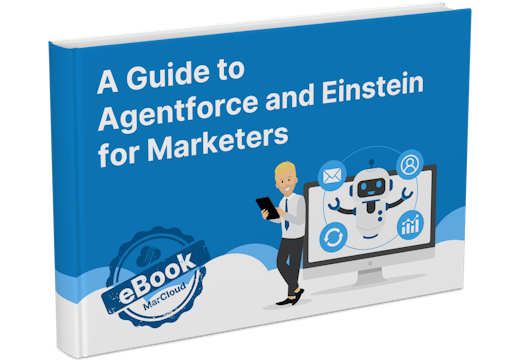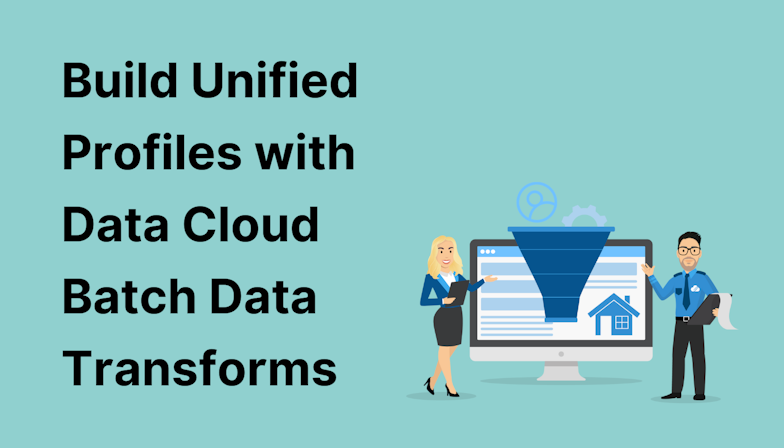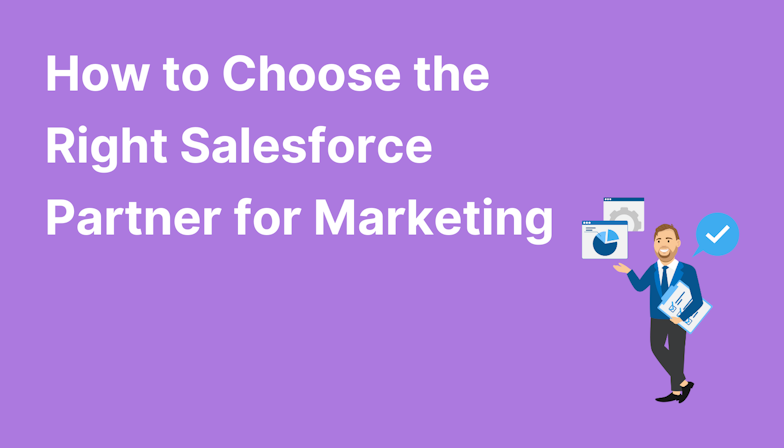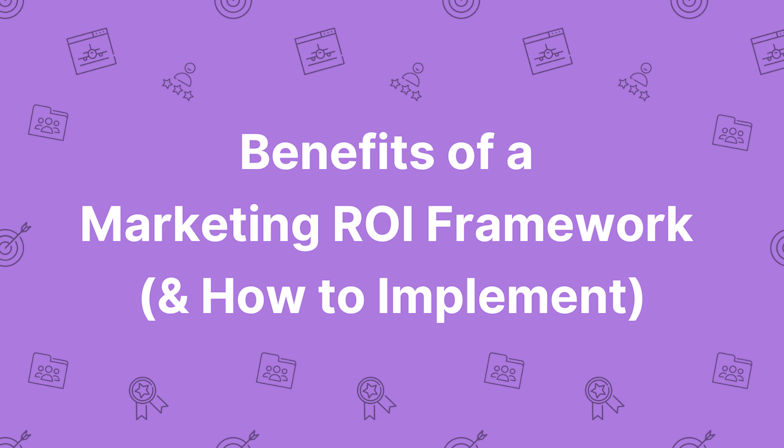Each can be found in the navigation bar of your chosen Salesforce marketing platform i.e. Marketing Cloud Engagement or Marketing Cloud Account Engagement (requires Einstein 1 edition of Sales Cloud).
‘Einstein GPT’ on the other hand, is a generative AI tool, which means it can produce content much like a human can i.e. email copy, reporting insights, images, etc. It leverages the capabilities of GPT-3.5, the latest iteration of OpenAI's renowned language model.
In short, it’s a more sophisticated, advanced level of AI.
To make things extra confusing though, Salesforce uses ‘Einstein’ as the overarching name for all of its AI solutions. Underneath the umbrella of ‘Einstein’ there are four products:
Marketing AI
Sales AI
Service AI
Commerce AI
Marketing AI is the product name for all of the AI features accessible for customers of Marketing Cloud Engagement, Account Engagement, and Marketing Cloud Growth. Marketing GPT refers to the generative AI tools, specifically.
Still with me? Phew.
Now, there are a bunch of capabilities and benefits that come with Salesforce Marketing AI but today, I want to look at one in particular: how Marketing Cloud uses AI to improve personalisation.
Why personalisation?
You don’t need me to tell you that personalised content is more effective than generic content - I’m sure you’re well aware! Marketers don’t need to be convinced of the merits of personalisation. The challenge lies in actually creating it.
In a survey of 350 executives, Gartner found that about two-thirds (63%) of digital marketing leaders said they continue to struggle with personalisation.
There are a handful of reasons for this:
Making sense of mass amounts of data is difficult.
Prospect data is often stale and irrelevant.
Duplicate data.
Disconnect in data stored across multiple systems.
Unable to create highly targeted audience segments quickly.
Unable to deliver content in real time, based on behaviour.
Difficulty measuring the impact of personalisation.
Of course, many of these challenges can be solved with the right technology, and that’s the crux of it. Until recently, doing all of the above has required largely manual and time-consuming efforts.
Enter AI.
The effects of Marketing AI on personalisation
The features of Salesforce Marketing GPT solve some (but not all) of these challenges.
Firstly, there’s ‘Rapid Identity Resolution’, which works to identify duplicate contacts across systems connected in Salesforce Data Cloud. These duplicates can then be unified into a single customer profile and used in audience segmentation with 100% confidence.
Then, there’s ‘Segment Creation’; an incredibly straightforward way to create audience segments using natural language prompts. No need for SQL queries or manual data handling and building dozens of dynamic lists. AI will do the hard work for you.
Lastly, there’s ‘Segment Intelligence for Data Cloud’, which enables you to see audience engagement across all of your platforms, including first and third-party data. The machine will identify insights for you, speeding up analysis and reporting significantly.
With these three features alone, marketers can:
Make sense of mass amounts of data.
Remove duplicate data.
Connect and segment data stored across multiple systems.
Create highly targeted audience segments quickly.
Deliver content in real time, based on behaviour.
Better measure the impact of personalisation of your campaigns.
However, when it comes to the quality of your database, you still need to be following data collection and hygiene best practices. AI is only as useful as the data you’re feeding it. So if you know your data is very old or structured poorly, you’ll want to address these problems head-on!
By doing so, you’ll be confident that your high-quality data can be accurately analysed by Marketing AI and that your audience segments are reliable.
Then, there’s the matter of actually creating the personalised content. Again, in the past this could mean setting up emails with dynamic content that you’d need to write and manage.
Another feature of Marketing Cloud AI though, is ‘Email Content Creation’ and as the name suggests, this means having the machine write your content for you.
Using past performance and the prompts you give it, Marketing GPT will craft everything from subject lines to body content to on-brand images and layouts (using a built-in integration with Typeface). While we always recommend reviewing AI-generated content and amending where necessary, there’s no denying this is a huge timesaver.
Not just a timesaver, but a more efficient way to uncover what’s working and replicate it.
So, to answer the original question: how does Marketing Cloud use AI for personalisation? In many exciting, powerful, and must-try ways!
Of course, if you have concerns about generative AI or would like guidance on how best to use the new AI features available in Marketing Cloud, get in touch.







